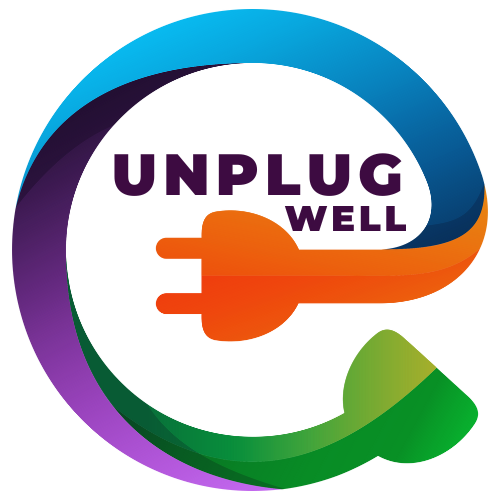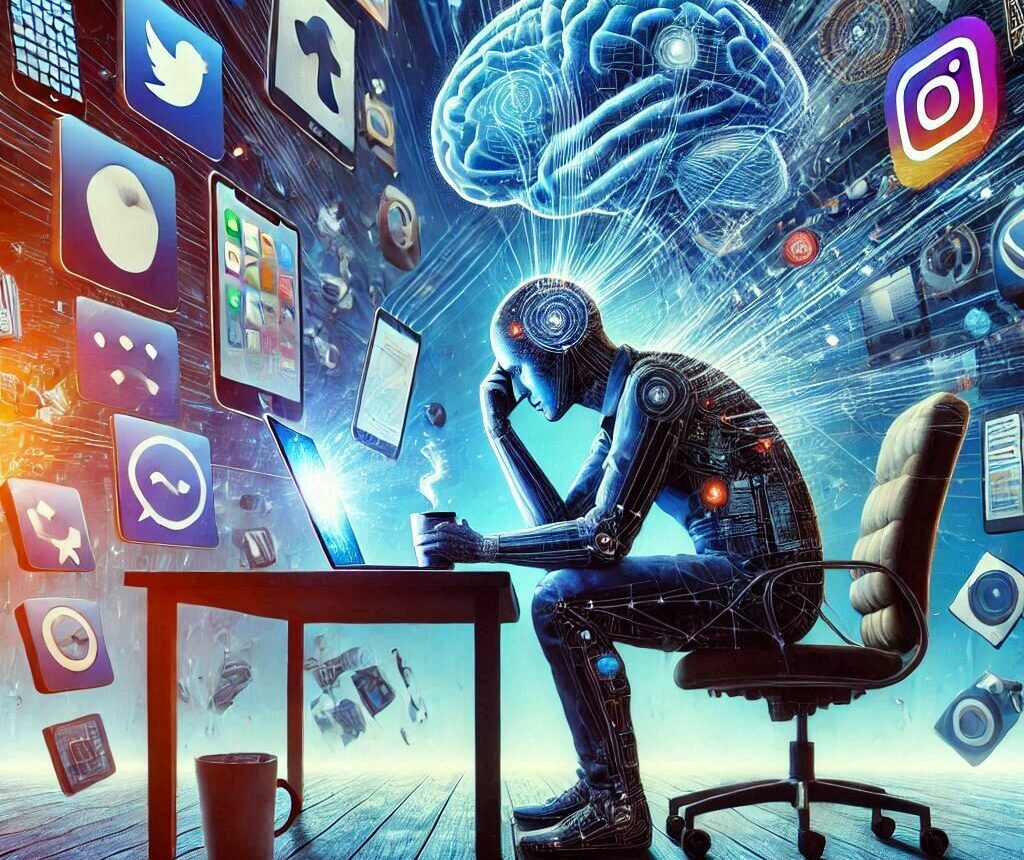In the age of digital dominance, tech giants like Meta, Google, and Apple have become integral to our daily lives. From connecting with friends on social media to managing schedules on mobile devices, these companies shape how we work, communicate, and unwind. But as their influence grows, so does the scrutiny surrounding their impact on mental health. Recent studies and expert opinions shed light on the complex relationship between technology and well-being.
The Link Between Social Media and Mental Health
Social media platforms, while fostering connection, have also been linked to increased rates of anxiety, depression, and loneliness. Key findings include:
- Comparison Culture: A 2023 study in The Journal of Social Psychology revealed that prolonged exposure to curated lifestyles on Instagram and TikTok contributes to feelings of inadequacy and low self-esteem.
- Screen Time and Sleep: Excessive use of apps late at night disrupts sleep cycles, further exacerbating mental health challenges.
- Addictive Algorithms: Experts argue that the algorithms driving these platforms are designed to maximize engagement, often at the expense of user well-being.
The Workplace’s Digital Evolution
Tech giants are also shaping the modern workplace, with mixed results for mental health:
- Remote Work Revolution: Tools like Zoom and Slack, while enabling remote work, have blurred boundaries between personal and professional lives, leading to burnout.
- Productivity Pressure: Employees feel compelled to remain “always on,” driven by the visibility metrics embedded in platforms like Microsoft Teams.
- Corporate Wellness Initiatives: On the positive side, companies like Google are investing in mindfulness programs, offering resources such as meditation apps and resilience training.
Gaming and Mental Health: A Double-Edged Sword
Gaming-an industry dominated by companies like Sony and Microsoft-presents both challenges and opportunities:
- Positive Impacts: Studies have shown that gaming can improve cognitive function and foster social connection among players.
- Risks of Addiction: Excessive gaming, however, has been linked to increased anxiety, social isolation, and impulsive behavior.
- Parental Concerns: The rise of in-game monetization strategies has parents worried about the psychological effects of micro transactions on young players.
Recent Studies Highlighting Tech’s Mental Health Impact
Several groundbreaking studies have brought critical insights:
- Stanford University (2024): Found a 35% increase in anxiety symptoms among teens spending more than five hours daily on social media.
- Harvard Medical School (2023): Highlighted that tech-induced multitasking reduces productivity and increases stress levels.
- Global Digital Wellbeing Index (2023): Ranked countries based on digital wellness, emphasizing the need for balanced tech use in high-tech economies.
Expert Opinions: What the Professionals Are Saying
Mental health professionals and tech insiders offer valuable perspectives:
- Susan Greenfield, Neuroscience: “While technology can empower, its unchecked use rewires the brain, often fostering dependency and reducing attention spans.”
- Tristan Harris, Former Google Design Ethics: “Tech companies have a responsibility to design tools that enhance well-being rather than exploit psychological vulnerabilities.”
- Amit Sharma, Clinical Psychologist: “The key lies in mindful technology use and setting boundaries to protect mental health.”
How Tech Giants Are Addressing the Issue
In response to growing criticism, tech companies are taking steps to mitigate negative impacts:
- Apple: Introduced Screen Time features to help users monitor and limit app usage.
- Meta: Rolled out “Take a Break” notifications on Instagram to encourage healthy usage habits.
- Google: Developed the Digital Wellbeing app, focusing on mindfulness and digital balance.
Practical Steps for Users to Protect Their Mental Health
While systemic change is vital, individuals can take actionable steps to safeguard their mental health:
- Set Screen Time Limits: Use in-app features to monitor and reduce usage.
- Practice Digital Minimalism: Keep only essential apps and turn off non-critical notifications.
- Take Regular Breaks: Schedule tech-free intervals during the day.
- Engage in Offline Activities: Invest time in hobbies, physical exercise, and face-to-face interactions.
- Seek Professional Help: If tech use is affecting your mental health, consider consulting a therapist.
Conclusion
As tech giants continue to innovate, their impact on mental health will remain a topic of global concern. By fostering awareness, demanding ethical practices, and embracing mindful usage, we can harness the benefits of technology without compromising our well-being. The path forward lies in balance-a harmonious relationship between our digital and real-world selves.
What are your thoughts on the role of tech in mental health? Join the conversation and share your experiences below!







